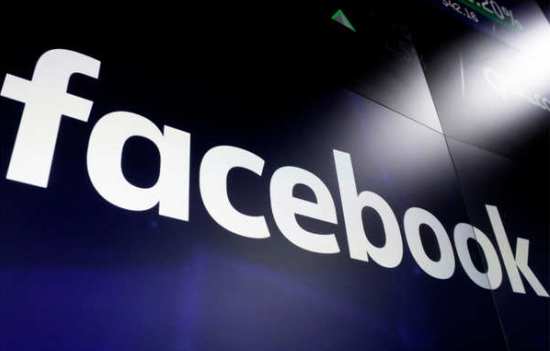Ayushi Agaria
Defamation cases increased with the advent of social media. As per the section 499 of the Indian Penal Code states: –
‘Whoever, by words either spoken or intended to be read, or by signs or by visible representations, makes or publishes any imputation concerning any person intending to harm, or knowing or having reason to believe that such imputation will harm, the reputation of such person, is said, except in the cases hereinafter expected, to defame that person.’
The topic of this article has two main aspects, the first aspect would be how does the politicians and they group members pressurize the individuals on social media and the second aspect would be how freedom of speech on social media has been revolutionized both in a positive and a negative aspect.
Social media has widened the scope of freedom of speech and given the individuals a platform to express themselves. Article 19 (1) (a) provides for the freedom of speech and expression, however the reason why there are defamation cases is because of the reasonable restriction clause that is given in the same article.
The reason of increase in the defamation cases in India and the video surfacing on several social media websites speaks for itself, but the reason by expression is often considered to be as defamation is because of lack of liberation, there is an overbreadth vagueness and pathological perspective on freedom of Speech and expression because of the lack of liberty. With respect to our topic, in India we have two types of group.
The first group involves the individuals who have some kind of political background and the other group is the group with a social and a liberal background, both of these groups are opposite with there approach and are powerful in different ways but the only difference is the political group has a backing power of authorities making it easier for them.
To be straight about it, a lot of stand comedians for making statements get threat messages from the individuals of political group. Free speech in democratic countries often tends to follow a certain historical pattern.
Even in Independent India there are laws which are related to emergencies, unlawful activities prevention acts which severely restricts civil liberties on the ground of national security, which lacks the opportunity for people to have liberal and non-biased ideas.
Free speech in democratic countries often tends to follow a certain historical pattern. Even in Independent India there are laws which are related to emergencies, unlawful activities prevention acts which severely restricts civil liberties on the ground of national security, which lacks the opportunity for people to have liberal and non-biased ideas.
One thing has been revolutionaries in the past recent years is that there are professions like blogging, stand up comedies and so on and there are a major youth population who wants to get into this profession however there are a lot of groups around some may have political backing and some way not have but they all are out there commenting and expressing themselves in unsolicited manner while on the other hand if there is a one statement by a person belonging to social media which does not abide by the traditional political ideologies there are threats and cases some may not even have proper grounds.
At the time of the death of prior shiv sena leader there were two girls who had posted a statement with respect to this issue on their Facebook accounts, and they had to spend their nights in jail.

This incident happened few years ago and after that the power and professions on social media has largely been increased but the new traditional norms prevailing in the society have still not changed.
The reason why these events happen on social media platform do not make the headlines of newspaper because maybe no one thinks they are important or maybe because we do not have any particular act which regulates Facebook and Instagram or maybe because of the political power.
The other aspect is the positive and negative aspect of this social media platform. The freedom of speech on social media has taken up the role of judiciary. The wide range of social media platform gives every individual an opportunity to express and share which in turn spreads awareness but it also forms a certain kind of prejudice so before judiciary review and analysis the certain issue people have already formed a judgement which is there in their head.
There have been protests on the major issues without even court giving their final opinions on the same. In 2005, the famous Tamil actress Khushboo gave a statement to India Today magazine that Indian society should stop expecting women to be virgins at the time of marriage.
In response to this statement there were 23 criminal statements against her at various places. She approached the supreme court which quashed all the proceedings, and years later in 2020 a stand-up comedian Agrima Joshua got rape threats on social media because of a political joke she stated in a show , similarly there are so many individuals on platforms who often express about the threats and insecurity which they have to face but till date there isn’t any security guarantee which they have been provided.
There are existing regulations with respect to the traditional forms of media like newspaper and television, the sections of Indian Penal Code provide the explanation, exceptions and liability in the case of defamatory statement however what is lacking is the regulations of the issues which happen on platforms of the youth.
The time has liberalised and social media holds a strong coverage and easy networking, thereby it should be viewed in a more professionalised way by the law makers of our country.
References [1]
Indian Penal Code, 1850, Defamation
Constitution of India
Offend shock or disturb, a book by Gautam Bhatia
Transformative constitution, a book by Gautam Bhatia
Khushboo v. Kanniammal,2010(4) SCALE 467 ↑

